In a development that has sparked widespread alarm among governance experts, intelligence analysts, and democracy advocates, former Botswana president Lieutenant General Dr. Ian Khama has been appointed Patron of the African Centre for Governance (ACG) - a little-known organisation with suspected ties to Zimbabwe's Central Intelligence Organisation (CIO) and connections to covert efforts aimed at influencing electoral outcomes in Southern Africa.
While ACG publicly promotes itself as a pro-democracy institution committed to good governance, multiple intelligence sources and regional analysts view it as a front operation used to legitimise authoritarian regimes, particularly the long-embattled Zimbabwean government led by President Emmerson Mnangagwa and his ruling ZANU-PF party.
Central to the concerns is a senior ACG coordinator, who operates under different aliases in Zimbabwe and South Africa - a hallmark of clandestine intelligence work. Intelligence officials confirm that the individual has longstanding ties to Zimbabwe's CIO and is closely linked to the recently ousted CIO director-general, Isaac Moyo. This coordinator masqueraded as an African Union official in the past, taking photos with presidents and influential persons.
Despite these murky affiliations, ACG issued a celebratory statement hailing Khama's endorsement:
"The African Centre for Governance (ACG) is honoured and delighted to announce that His Excellency Former President Lieutenant General Dr Ian Khama has graciously accepted the role of Patron... As one of Africa's most respected leaders, Former President Khama brings with him a wealth of experience in governance, leadership, and international relations."
The appointment has stunned observers, especially given Khama's reputation as a principled and outspoken critic of authoritarianism, including vocal condemnation of ZANU-PF's abuses during and after his presidency in Botswana.
His alignment with an organisation alleged to be part of the CIO's soft-power arsenal has prompted speculation about whether he was misled, co-opted, or is part of a wider political realignment unfolding in Southern Africa.
Botswana has long stood as a beacon of democratic governance and institutional integrity on the continent. However, Khama's association with a group viewed by many as a covert instrument of autocratic influence risks undermining that legacy.
"This development dents Botswana's reputation as a beacon of principled leadership," said a senior regional political analyst. "Whether this is naivety, a miscalculation, or part of a deeper geopolitical shift, it's deeply troubling."
Khama's office has yet to comment publicly on the appointment, but sources close to the former president suggest he may have accepted the role without full knowledge of ACG's affiliations and intelligence links.
Khama's appointment also comes amid heightened concerns over the entrenchment of intelligence and military structures within Zimbabwe's electoral processes. Under Mnangagwa, state security bodies — including the CIO, police, and military — have become central players in ZANU-PF's election strategy, coordinated through the Joint Operations Command (JOC), a Cold War-era institution with roots in Rhodesia's security system.
In the 2023 elections, the Forever Associates of Zimbabwe (Faz) — a CIO-run clandestine body believed to be headed by Brigadier-General Walter Tapfumaneyi — was tasked with coordinating voter mobilisation, surveillance, and soft intimidation. Faz received over US$10 million and a fleet of 200 vehicles to carry out its operations.
Faz effectively replaced the army-run Heritage and Africom structures, reinforcing the trend of Zimbabwe's elections being managed through opaque, militarised networks outside the scope of official electoral bodies.
Khama's patronage may lend ACG undeserved legitimacy — and worse, mask the intentions of organisations that seek to undermine democratic norms across the region under the cover of governance promotion.
Whether symbolic, strategic, or miscalculated, the development marks a troubling precedent for a region already under strain from creeping authoritarianism, opaque security networks, and weakened democratic institutions.
- online
 Ian Khama joins Zimbabwe CIO linked group
Ian Khama joins Zimbabwe CIO linked group  South Africa is in serious trouble
South Africa is in serious trouble  US halts visa services for Zimbabwean nationals
US halts visa services for Zimbabwean nationals  ZSE pushes for another equities tax cut to boost selloffs
ZSE pushes for another equities tax cut to boost selloffs  AfDB projects 6% economic growth for Zimbabwe
AfDB projects 6% economic growth for Zimbabwe  Ken Sharpe blasts incompetent Harare council
Ken Sharpe blasts incompetent Harare council  Young Investment Professional (YIP) Graduate Programme 2019
Young Investment Professional (YIP) Graduate Programme 2019 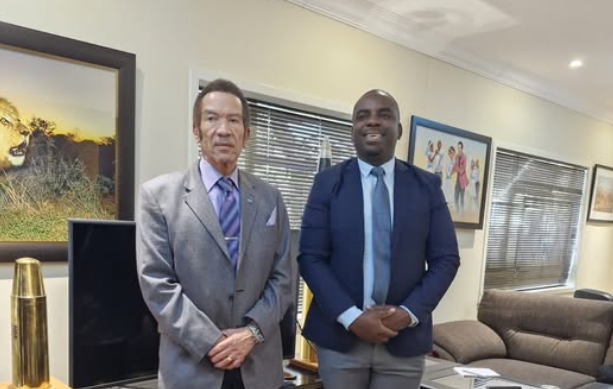


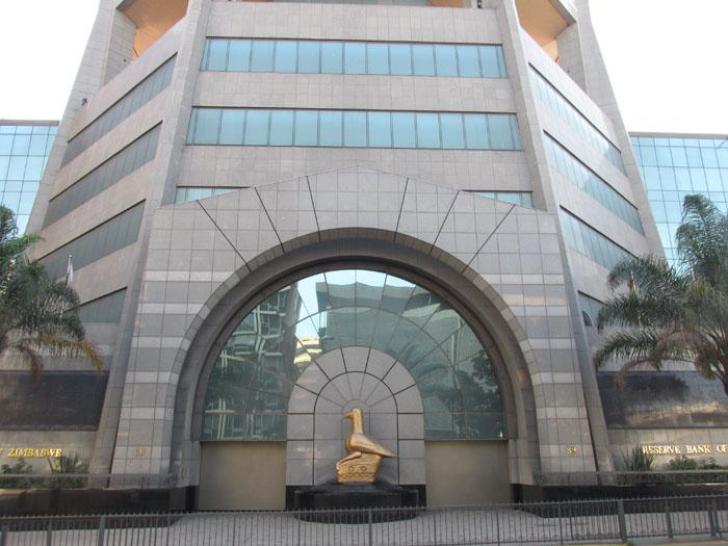

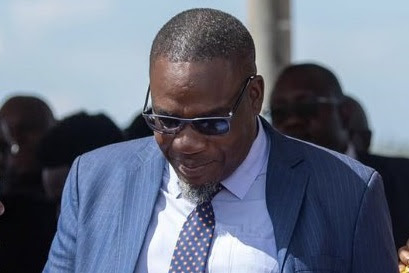
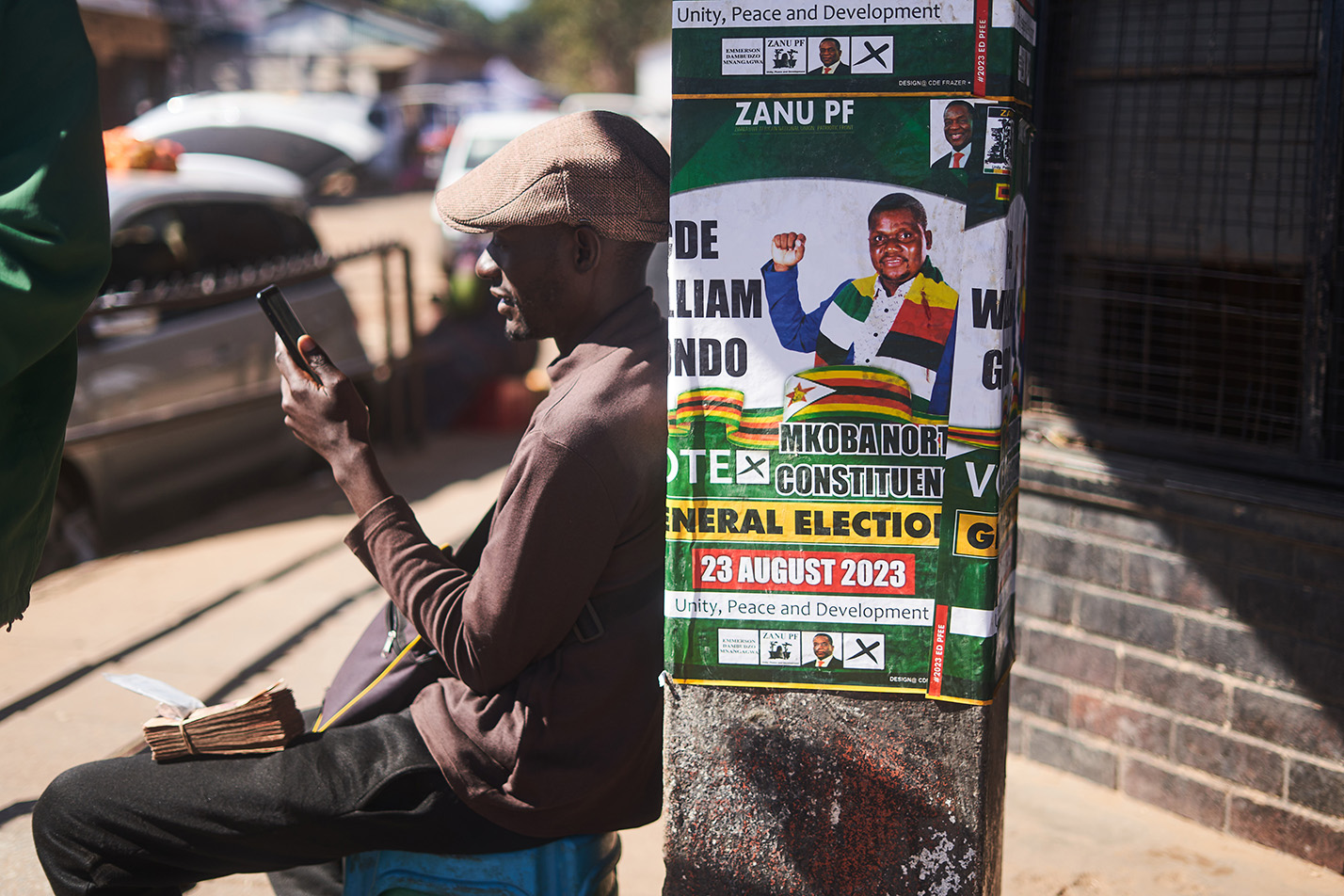

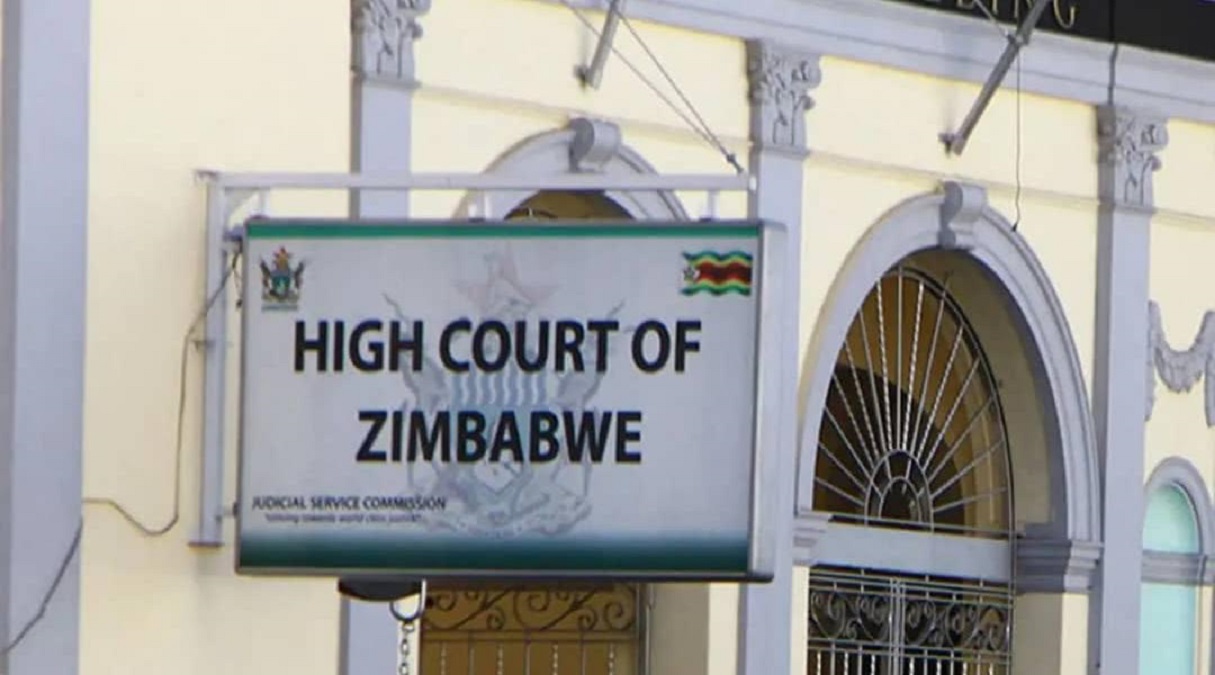


 Young Investment Professional (YIP) Graduate Programme 2019
Young Investment Professional (YIP) Graduate Programme 2019
Editor's Pick